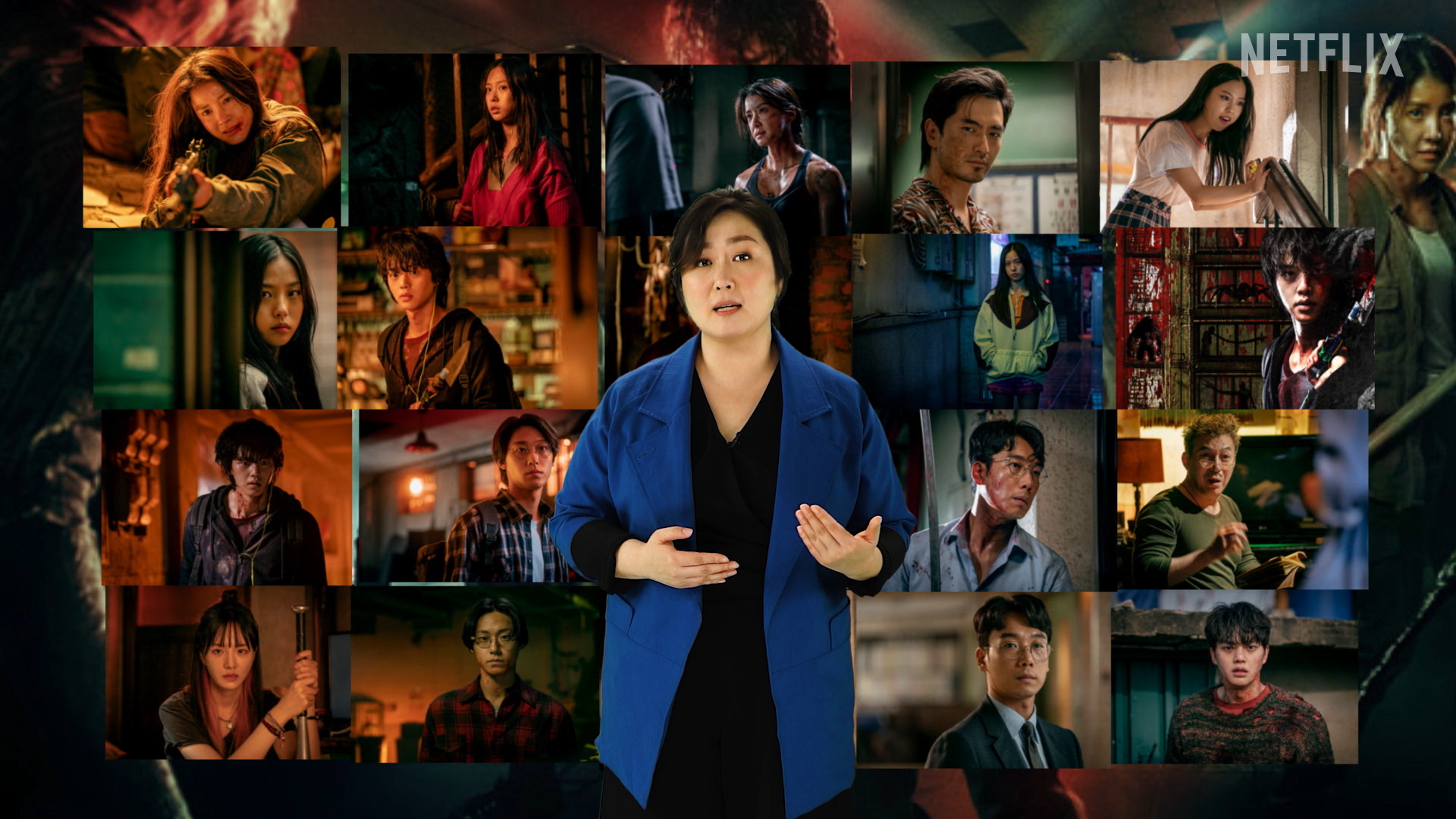“Netflix never expresses any opinions, only gives money.”
Such a bold investor, looking at global film and television producers, only Netflix dares to be so willful, “herding the sheep” to manage, and only care about the harvest.
“Kingdom” screenwriter Kim Eun-hee once said, “Netflix has given unlimited creative freedom. In terms of content and technology, it has never said ‘how to do’.”
It is to provide such a relaxed and free creative environment, coupled with the generous supply of capital.
Related Post: “Kingdom”: What is the scale? Nonexistent!
Netflix continues to output a series of original explosives to attract users, and its market share in South Korea is also rapidly expanding, and the momentum is like a broken bamboo.
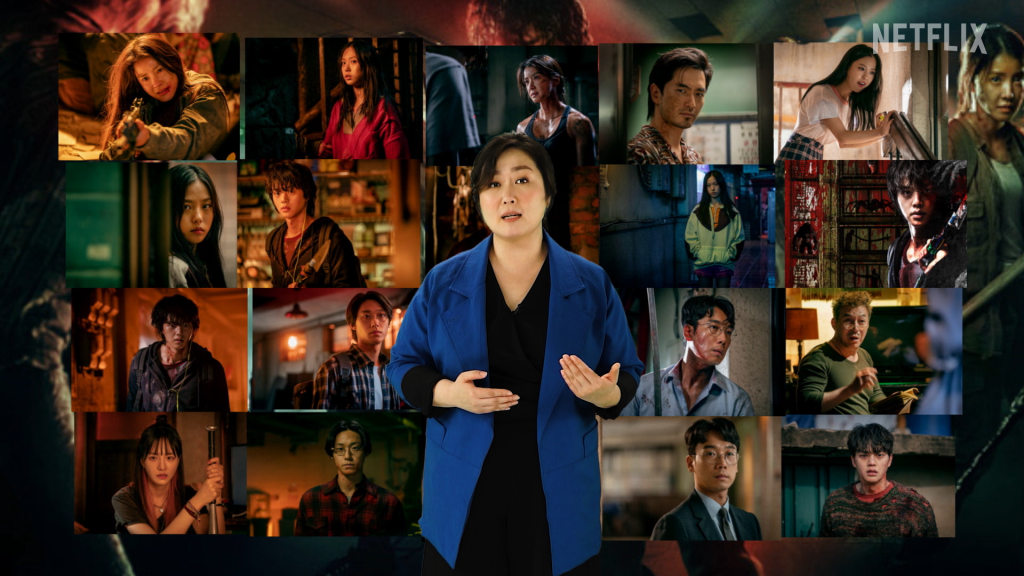
On February 25, the director of Netflix Asia announced its production plan in Korea in 2021 and announced that it would invest 500 million US dollars, or about 550 billion won, in the production of Korean content.
What is the concept of 500 million US dollars? Netflix’s “Space Sweepers” was launched on February 5, with a budget of 24 billion won, equivalent to 21.2 million US dollars.
US$500 million is enough to produce dozens of such large-scale movies or exquisite drama series.
Such a huge investment means that the Korean market will account for half of Netflix’s content budget (US$1 billion) in the Asia-Pacific region.
This is one of Netflix’s largest overseas investments in recent years, and it also marks Netflix’s further investment in the Korean entertainment industry.
Why does the South Korean market, with a population of approximately 52 million, make “Netflix for the whole world” so important that it has become a “strategic location” more favored than Asian countries such as Japan and Australia?
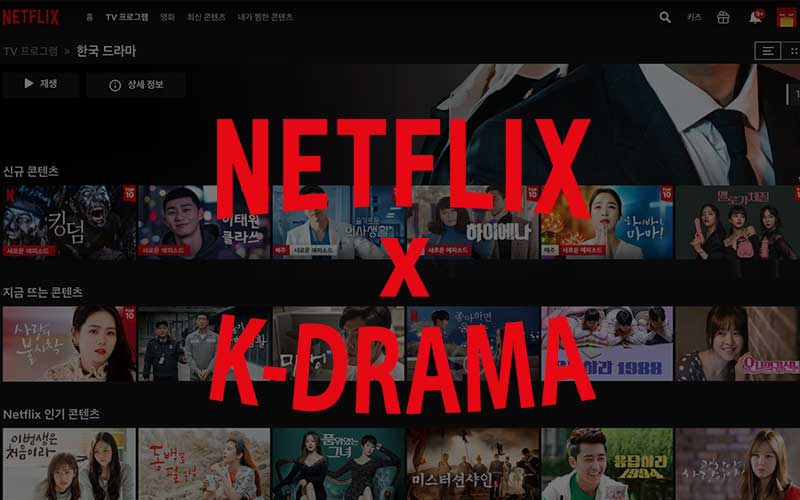
Entering the Korean Drama Market: “Kingdom” gives Netflix a firm foothold
One year later than Japan, Australia, and New Zealand, Netflix entered South Korea in August 2016.
The initial market performance was not satisfactory. Consumers have not yet had the habit of spending money on content, and the market has reacted indifferently.
Netflix, which has just entered the Korean market, can only obtain copyright through “purchase” and then develop a cooperative model of spreading on its own platform.
However, when Netflix initially cooperated with several Korean traditional TV media such as tvN, CJ E&M, JTBC, etc., it was unable to obtain the first broadcast rights of the content.
Only when the content is broadcast on the TV station for a month can it be online on Netflix.
In 2017, Netflix’s first Korean drama “My Only Love Song” was broadcast.
Due to the lack of mastery of the local content creation model in South Korea, he encountered Waterloo.
In the same year, Netflix invested 50 million U.S. dollars (approximately 57.9 billion won) in “Okja” by director Bong Joon ho, who successfully entered Hollywood, and slowly knocked on the door of the Korean entertainment market.
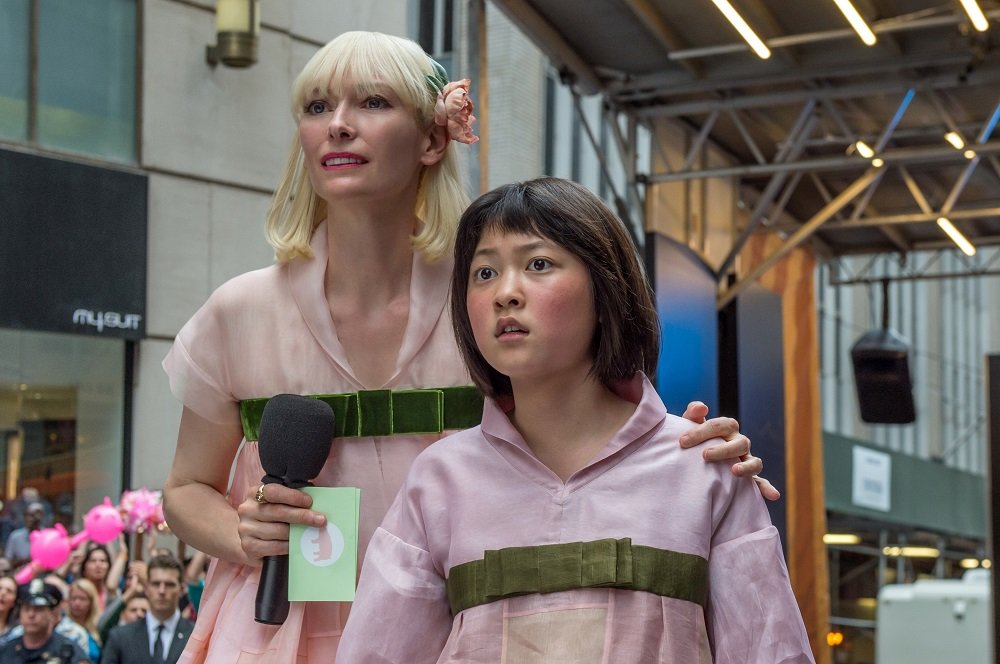
Before and after the film was released, Netflix South Korean subscribers increased from 90,000 to 200,000.
Afterwards, in order to grab the audience, Netflix began to spend money on production costs and started co-productions with TV stations. The investment ratio was generally as high as three-quarters.
In this way, the online time of these works on Netflix has been gradually shortened to one hour from one month after the TV station was broadcast.
In May 2018, Netflix opened an office in South Korea, becoming the fifth office established in Asia after Japan, Singapore, Taiwan, and India. Netflix has since shown its expertise in the Korean market.
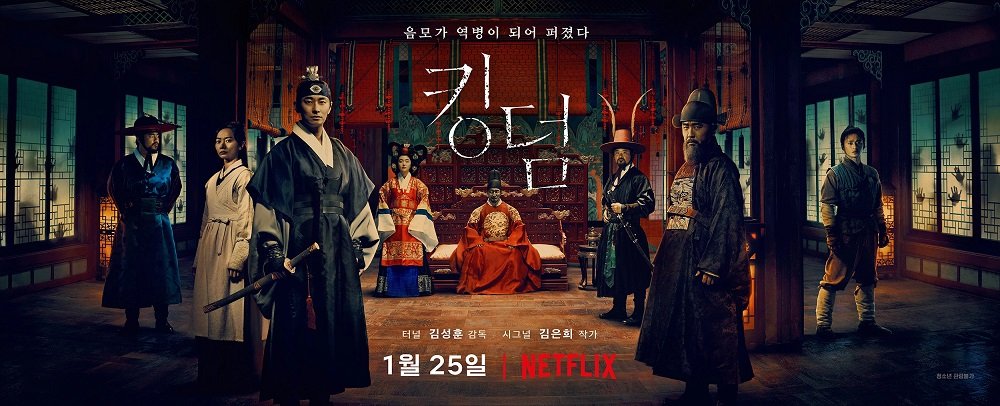
With the popularity of “Kingdom” in 2019, as well as the investment in “Crash Landing on You”, “Itaewon Class”, “Hospital Playlist” and other works, Netflix has only occupied a certain market in South Korea and gained a firm foothold.
“Kingdom” by Kim Seong hun, director of “The Tunnel Kim”, Kim Eun Hee, screenwriter of “Signal”, and actress Bae Doo Na’s “Kingdom” was assembled. Combination of tactics and the popular zombie elements at the time.
With an average of at least 15 minutes per episode, exciting visual effects such as fierce fighting of zombies, with a trendy style and an American-style development model.
Related Post: The latest trailer for Gianna Jun’s “Kingdom: Ashin of the North” revealed.
This allowed Korean audiences to recognize Netflix’s original content, and also allowed Korean dramas and Korean culture to go global through Netflix.
Netflix South Korea’s success model: “Don’t express opinions, just give money”
Use localized thinking to create original drama series suitable for the Korean market, thereby integrating into Korea.
This is the experience that Netflix has spent nearly 5 years cultivating in the Korean market.
In order to eliminate the huge differences in culture and geography, it caters to local users.
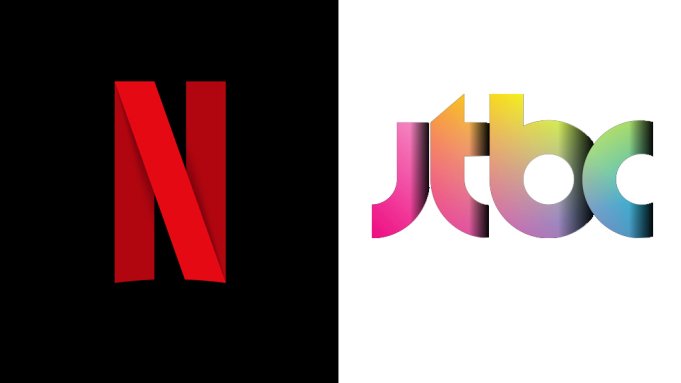
In addition to buying rights to play local content, Netflix gave up the right to independently produce content.
Instead, a team of South Korean experts has been established, and they have chosen to develop and produce original works together with a mature local team, a local TV station in South Korea.
At the same time, Netflix adheres to the principle of “guaranteeing creative freedom” for content production, giving creators incomparably free space, regardless of the process, only looking at the results.
Netflix Asia director said, “The content production base in South Korea is already very good. Netflix’s role here is to make things that cannot be achieved on existing platforms become reality.”
“Kingdom” director Kim Seong-hun once said, “Although (Netflix) has feedback of one kind or another, it only provides a reference level and does not interfere with the final presentation of the work.”
“Kingdom” screenwriter Kim Eun-hee also believes, “The TV series that was thought to be impossible were successfully completed with the help of Netflix. With Netflix’s support, not only was respected in the creative process, but the completion of the work was improved. , I have never heard Netflix say’NO’.”
There are no restrictions on the type of subject matter and subject expression, so the production company can handle a variety of stories, such as zombies and monsters.
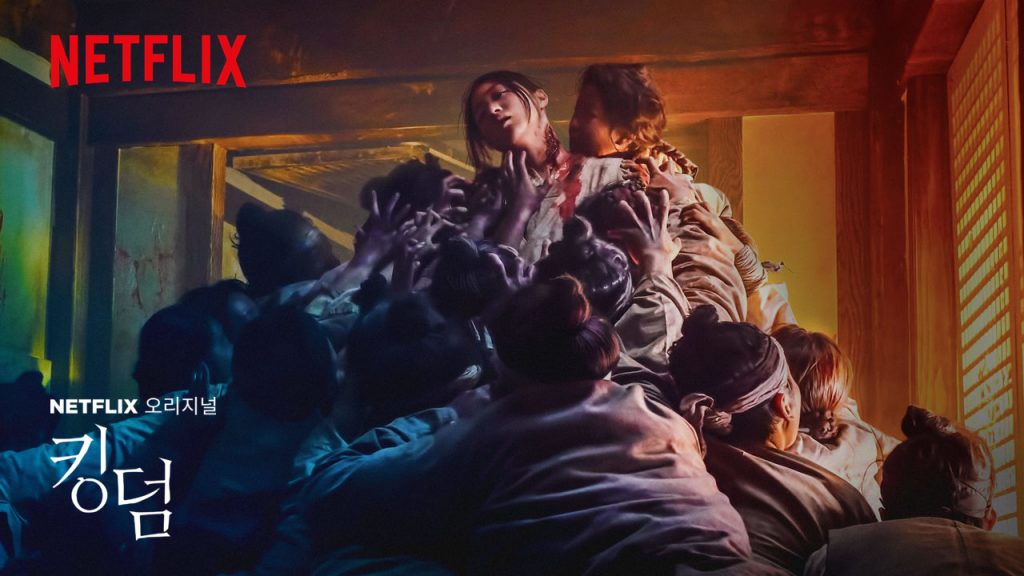
While decentralizing management, “big money” Netflix also provided abundant financial support.
In order to make the series produced can have the quality of the movie, Netflix has invested 2 to 3 billion won in production costs for each episode of the limited series.
This act of “giving money” has gradually changed the market structure of Korean domestic TV dramas with an average production cost of 400-500 million won per episode.
There is the freedom of creation, the bold blessing of capital, and the global exposure influence of the Netflix platform.
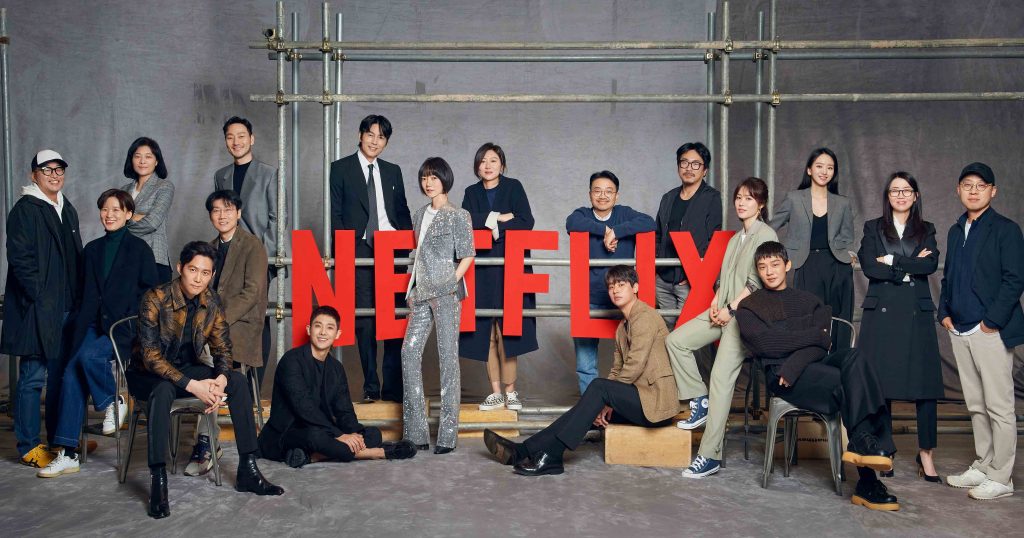
With so many win-win cooperations, He worry does not have a high-quality team and celebrity artists to join in. As long as it can produce explosive products, Netflix will provide a steady stream of opportunities.
Through many trials, Netflix has finally successfully mastered how the production of drama content can gain the audience’s recognition and the greatest benefits between the local and global markets.
The market performance of “Kingdom” proves Netflix’s successful decision-making model.
The higher the localization of the content of the work, the better the communication effect; the more refined the production and the better the quality, the stronger the influence of word-of-mouth.
Become the “Birthplace” of Global Korean Dramas, a gift to fans all over the world
Why is South Korea becoming the most fertile ground for Netflix in the Asian market?
Ted Sarandos, head of Netflix’s cultural industry department, once said, “The whole world loves Korean film and TV culture. Our goal is not only to spread Korean culture in Asia, but also to promote it to the global market.”
Since the beginning of the 1990s, “Korean culture” represented by Korean dramas, Korean pop music, and Korean Songs has swept Asia and gradually captured the European and American markets where the entertainment market is strong.

Coupled with the mature management of Korean fans and Korean idols, the unique entertainment culture has become a magnificent business card for South Korea’s successful globalization.
Striving to become an “international television station” Netflix for audiences around the world, undoubtedly has taken a fancy to the strong Korean wave, especially the Korean drama pioneer, which is a popular place in Asia and even the global market.
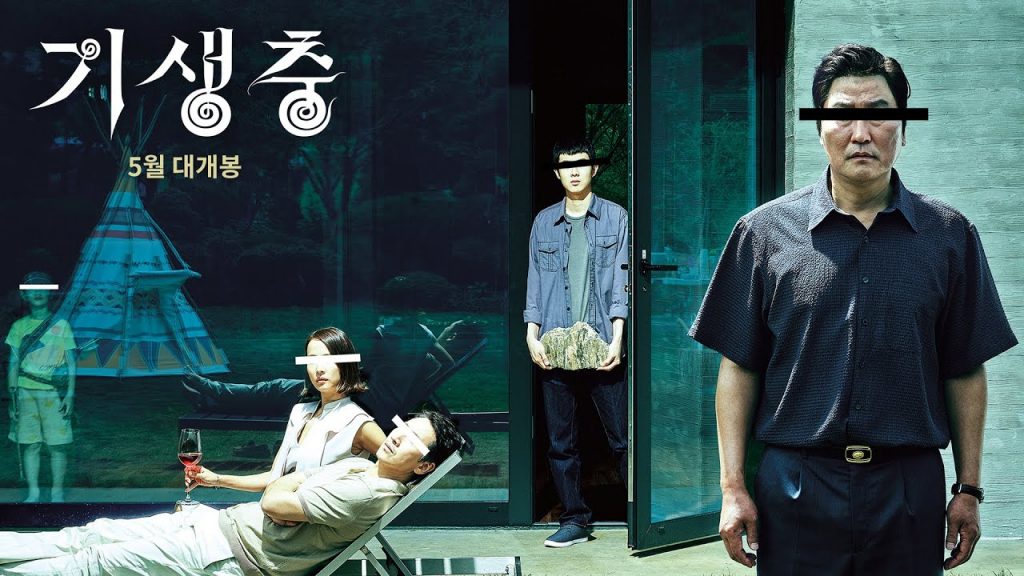
In addition, after the success of Bong Joon-ho’s “Parasite”, the Korean film and television entertainment industry has received greater attention and its influence worldwide has soared.
Related Post: Parasite: Black-and-White Version review – a sophisticated twist on a modern masterpiece.
The film won four Oscars including Best Picture last year, becoming the first non-English film in history to win the highest Oscar award.

On the other hand, about 90% of South Korean citizens can use high-speed mobile broadband.
This is undoubtedly a crucial factor for Netflix, a streaming media platform that requires high-speed broadband for data transmission to ensure high-definition, coherent and smooth content.
In this regard, although Japan’s mobile broadband penetration rate is also very high, and Netflix has entered early and has the most users in Asia.
However, animation occupies the majority of the Japanese cultural market, and the content of other types of film and television dramas is restricted outside Japan. Compared with the influence of Korean dramas in the world, it is much weaker.

It is reported that the growth of Netflix paid subscribers in Japan last year was largely driven by the popularity of the Korean hit “Crash Landing on You” (2019) exclusively provided by Netflix.
Among the 10 most popular works of Japanese Netflix, 4 of them are Korean dramas.
Netflix Asia Director said, “In the booming Asian market, Korean content is the key to leading our growth.” “Thanks to Korean dramas, many Asians who like Korean dramas have come to Netflix.”
Today, Netflix is rapidly becoming the birthplace of global Korean dramas.
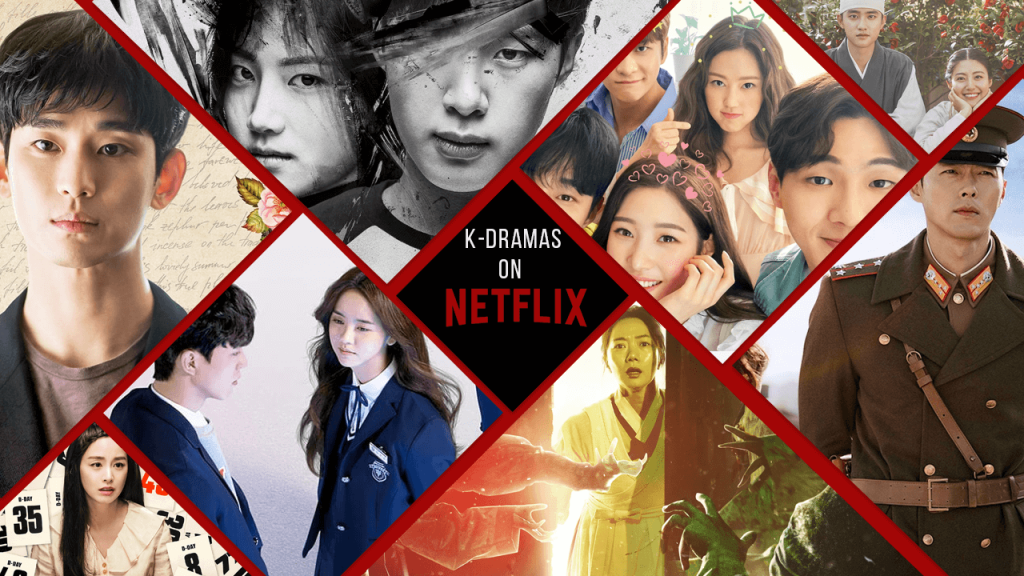
In the past few years, this streaming service has increased the output of Korean drama content.
There are already more than 100 Korean dramas on the Netflix platform for users to watch freely, and everyone can find their favorite genre.
Currently popular Netflix original Korean dramas include “kingdom”, “Sweet Home”, “Crash Landing on You”, “Love Alarm”, “It’s Okay to not be Okay”, and “My First First Love”. These Korean dramas are given to fans all over the world. gift.

“Kingdom” caused a “zombie fever” in the United States and Europe, and “Sweet Home” was ranked third on the Netflix global list shortly after its release.
According to Netflix’s financial report for the fourth quarter of 2020, as of the end of last year, Netflix has more than 200 million subscribers in 190 countries and regions around the world.
There are more than 25 million users in the Asia-Pacific region, while South Korea has 3.8 million users.
The Korean drama “Sweet Home”, which was launched at the end of last year, was watched by 22 million households within 28 days of its release.
Ted Sarando, the head of Netflix’s cultural industry department, said that the whole world is using Netflix to watch Korean works. “The audience from all over the world is united to fight off the enemies that appeared in “Sweet Home” and save the universe with Space Sweepers”.

During 2016-2020, Netflix invested about 700 million U.S. dollars (770 billion won) in South Korea’s content, and created more than 80 original dramas and movies in South Korea.
To welcome the fifth anniversary of Netflix’s launch in Korea, we will introduce outstanding Korean cultural and creative works to the world.
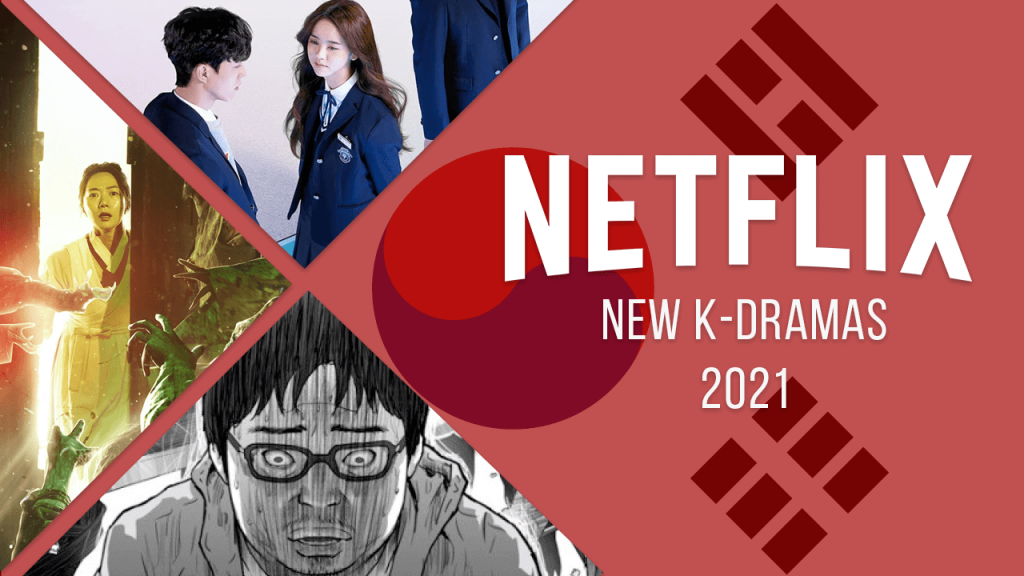
In 2021, Netflix’s investment in South Korea will reach more than 70% of the total investment in the past four years.
At the same time, Netflix will increase the scale of two studios and lease 16,000 square meters of space for content production to increase the output of movies and dramas in the Korean domestic market.
